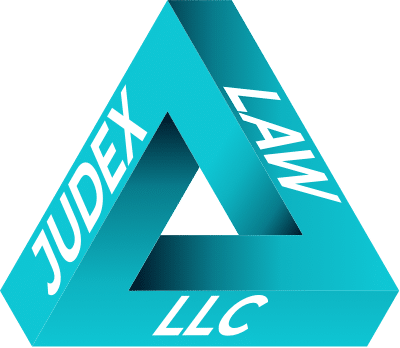Making the decision to start your own business is exciting (and somewhat daunting). Any new business requires significant investments of time, energy, and funds to ensure that it launches with the stability and security it needs to succeed. If you are ready to start transforming your vision into action, you are far from alone. According to recent estimates, an estimated 17 million new small businesses are formed every year in the United States. Moreover, a whopping 99.9 percent of all American businesses are considered small businesses (which means any business with 500 employees or fewer), including many big-name chains that operate locally. However, just because so many small businesses exist does not mean that the business formation is always simple or straightforward. As you prepare to launch your new business, it is important to take as many steps as you can to set yourself and your company up for success. For the most part, taking the time to consider every aspect of your business and put legal protections in place ahead of time—even if this means hiring a business formation lawyer to assist you—will likely save you from potential legal battles or other significant costs in the future. Let’s take a look at some of the most common questions that new business owners have as they navigate through the business formation process and how enlisting the support of a dedicated and knowledgeable Colorado business formation attorney will maximize your chances of moving forward successfully.
How Do I Start My Own Business in Colorado?
How to start a business is the most common question that people have when approaching this topic. You likely have your idea for the business, along with a business plan and a vision for what you would like your business to look like in one, five, or ten years. Now you’re at the point where you want to make your business official, and you want to know what steps you will need to take to get started. There are plenty of do-it-yourself resources available for those looking to incorporate or form a limited liability company (LLC). However, although this option is cost-effective, you must handle every aspect of it yourself. Many of the documents you will need to complete and file may be nuanced, so it will likely take time and focus to ensure that you understand all of the terms, conditions, and implications contained in these documents. While states like Colorado do not require new business owners to hire an attorney to finish the business formation process, doing so is highly recommended to ensure that you are making fully informed decisions with clarity and confidence.
What Are the Steps to Forming a Business in Colorado?
According to the Colorado Small Business Development Center Network (SBDC), there are several resources available to those interested in launching a small business in Colorado. The Colorado Business Resource Book provides an overview of the business formation process, such as the types of forms or licenses that may be required for new businesses in certain industries or sectors. It’s important to note that Colorado does not require a generic or general license to operate a business; instead, some professions or fields may require a license (i.e., to sell food or alcohol, run a daycare center, etc.). Next, you will need to apply for an Employer Identification Number (EIN), which is also known as a Federal Tax Identification Number. An EIN is used to identify a business entity and officially recognize the existence of your new business. You will also need to select a business structure that best aligns with your needs and goals.
What Business Structure Should I Select?
Businesses can be structured in different ways, depending on the unique factors and considerations of your business. Below are just a few of the most common business formation structures that you may want to consider, as well as their potential benefits and limitations.
Sole Proprietorship
A sole proprietorship is the simplest form of business structure, in which an individual sets up an unincorporated business without needing to register with the date. Although a sole proprietorship is the most simple way to operate a business, it does leave the owner vulnerable to potential legal liability. Should a lawsuit be filed against a sole proprietorship business, the owner would be personally liable for any debts or damages resulting from such actions. Generally speaking, sole proprietorships are usually not the go-to option for structuring new businesses.
Limited Liability Company (LLC)
LLCs are the most common entity type selected by small businesses. Essentially, an LLC serves as a hybrid entity, as it offers personal liability protection for the owner(s) while providing the flexibility of pass-through taxation. Additionally, small business owners like the low maintenance of an LLC, as this type of business structure has minimal corporate formalities or similar obligations.
Corporation
Business owners who are interested in establishing a more formal corporate structure may decide to form a corporation. Corporations allow the issuance of stock, making them attractive to venture capitalists and entrepreneurs looking for investment opportunities. However, the formal structure of a corporation requires careful consideration, so it’s best to consult with a knowledgeable business formation attorney to determine whether this option will best support your needs and goals.
Should I Work With a Business Formation Attorney?
While Colorado does not require new businesses to hire an attorney to complete the process, doing so is highly recommended. A highly qualified business formation lawyer can answer your questions, address your concerns, and look out for your best interests at every opportunity. Knowing that a legal professional is in your corner advocating for the success of your business can help you make each decision with greater clarity and confidence.
Launching a business is an exciting endeavor, and you deserve to take this step with confidence. Reach out to Judex Law, LLC, today at (303) 523-4022 to discuss your goals and develop a customized plan with a highly qualified and friendly Colorado business formation lawyer.

